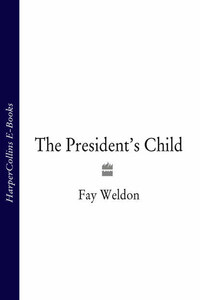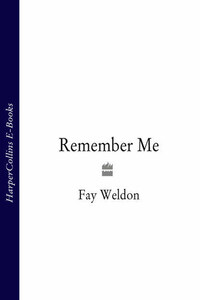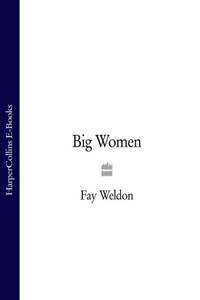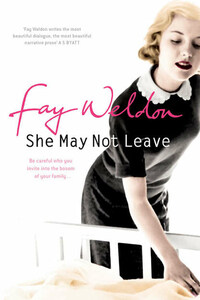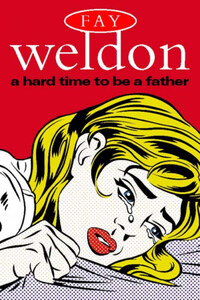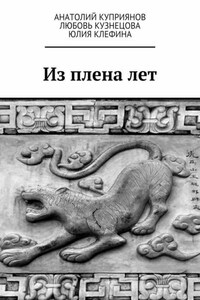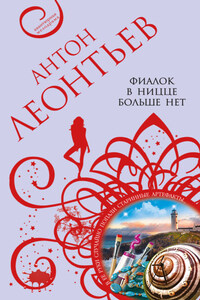On Sunday afternoons, when the world pauses and waits for the next great event, when the streets are empty and unnaturally still and the weight of obligation hangs over the land, the residents of Wincaster Row come calling on me. They come out of kindness because I am blind; and out of kindness to them, in the desolation of Sunday afternoon, I gather past and present together and tell them stories.
Today I tell them about Isabel, who fell in love, and in so doing made the whole world falter and take a different turning.
Pit-pat, spitter-spat. Listen! How the rain blows against the window-pane. Easy to feel, on such a day and in such a place, that great events are nothing to do with us, that we are cut off from sources of worldly energy, that people and politics are entirely separate; that the mainstream of life is, in fact, a long way off.
‘It isn’t so,’ I tell them. ‘Isabel lived next door. The river flows at the end of the garden; what’s more, it’s deep, wide, muddy and tricky: not the tranquil flowing stream you might hope for. Isabel almost drowned!’
Pit-pat, spitter-spat. In the end we will all know more than we did before. Shouldn’t that be enough to base a life upon?
The women of Wincaster Row don’t agree, of course. The pursuit of knowledge clearly isn’t enough for them. They want happiness, love, sex, good dinners, money, consumer durables, admiration, laughing children and goodness knows what else besides. They still live in the real world, and not in their heads.
We are all women today. Oliver the architect from No. 13 couldn’t come, nor Ivor the alcoholic from No. 17. They had domestic commitments. So we have earth-mother Jennifer from No. 9, who is pregnant yet again; and cross Hilary, in serviceable jeans and clumpy boots, from No. 11; and pretty, clever little Hope from No. 25, fidgety for lack of sexual excitement, which she needs, or so Hilary complains, as a heroin addict needs a fix.
There are no even numbers in Wincaster Row. The demolition men got to that side of the street before the conservation society were able to step in – or rather lie down in the path of bulldozers. Hilary still limps, on a wet day, and now, listening to me, she rubs her damaged knee.
‘Is it true about Isabel?’ asks Hilary. ‘Or will you be making it up?’
Hilary, Jennifer and Hope expect truth to be exact and finite. I know it is more like a mountain that has to be scaled. The peak of the mountain pierces the clouds and can only rarely be seen, and has never been reached. And what you see of it, moreover, depends upon the flank of the mountain you stand upon, and how exhausted getting even so far has made you. Virtue lies in looking upwards, toiling upwards, and sometimes joyously leaping from one precarious crag of fact and feeling to the next.
‘More or less true,’ I say.
Isabel was my neighbour. She lived next door, and filled my world with life and energy and bustle. Now the house is empty, and weeds break through the pavings of the front path, where once little Jason, Isabel’s son, played and grizzled and imposed his riotous will upon the world. The gate swings loose and creaks. Estate Agents have planted a ‘For Sale’ sign amongst the weeds: it stands like some kind of enemy tree, unexpectedly sprouted.
Pit-pat, spitter-spat. The river’s nearer: it flows just outside the door. Keep the sandbags ready; who knows when the water will rise? Listen! It’s raining harder than ever.
‘It wouldn’t surprise me if it was true,’ says Jennifer. ‘Isabel never quite fitted into Wincaster Row.’
‘She was too perfect,’ says Hope, ‘if that’s what you mean. She had it all made, unlike the rest of us. The perfect companionate marriage. The true, the new, the sharing!’
Though some of us think Hope has it all made: unmarried and self-supporting and no children, and not yet thirty, and prone to falling in love, and being fallen in love with: skipping up and down the Row, little and light, and remarking, from time to time, ‘What I don’t understand is, since sex is so nice, why doesn’t everyone do it all the time?’
Wincaster Row is in Camden Town, on the fringes of central London. It is an island of privilege in an underprivileged city sea. In the summer Bach and Vivaldi flow from open windows, over lawns and flowerbeds, keeping at bay the sound of police sirens and ambulance bells. In the winter, although the windows are closed, the sound of alarm comes nearer. A communal garden has been contrived out of dust and rubble. Oliver the architect, and Jennifer, who loves gardens, were instrumental in its creation, and so was Camden Council, which broods over these parts like some sort of touchy, monolithic god.
We are not perfect, here in Wincaster Row. We are not entirely rational or entirely noble or entirely forgiving. We have our fears and our angers and our points of obsession, like anyone else. But we are kind to our children, and each other; the struggle for self-improvement is assumed, and with the improvement of the self the improvement of the world. I think we are good people.
